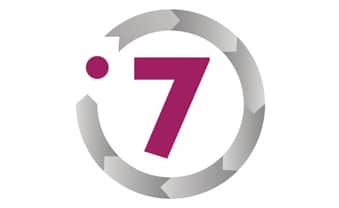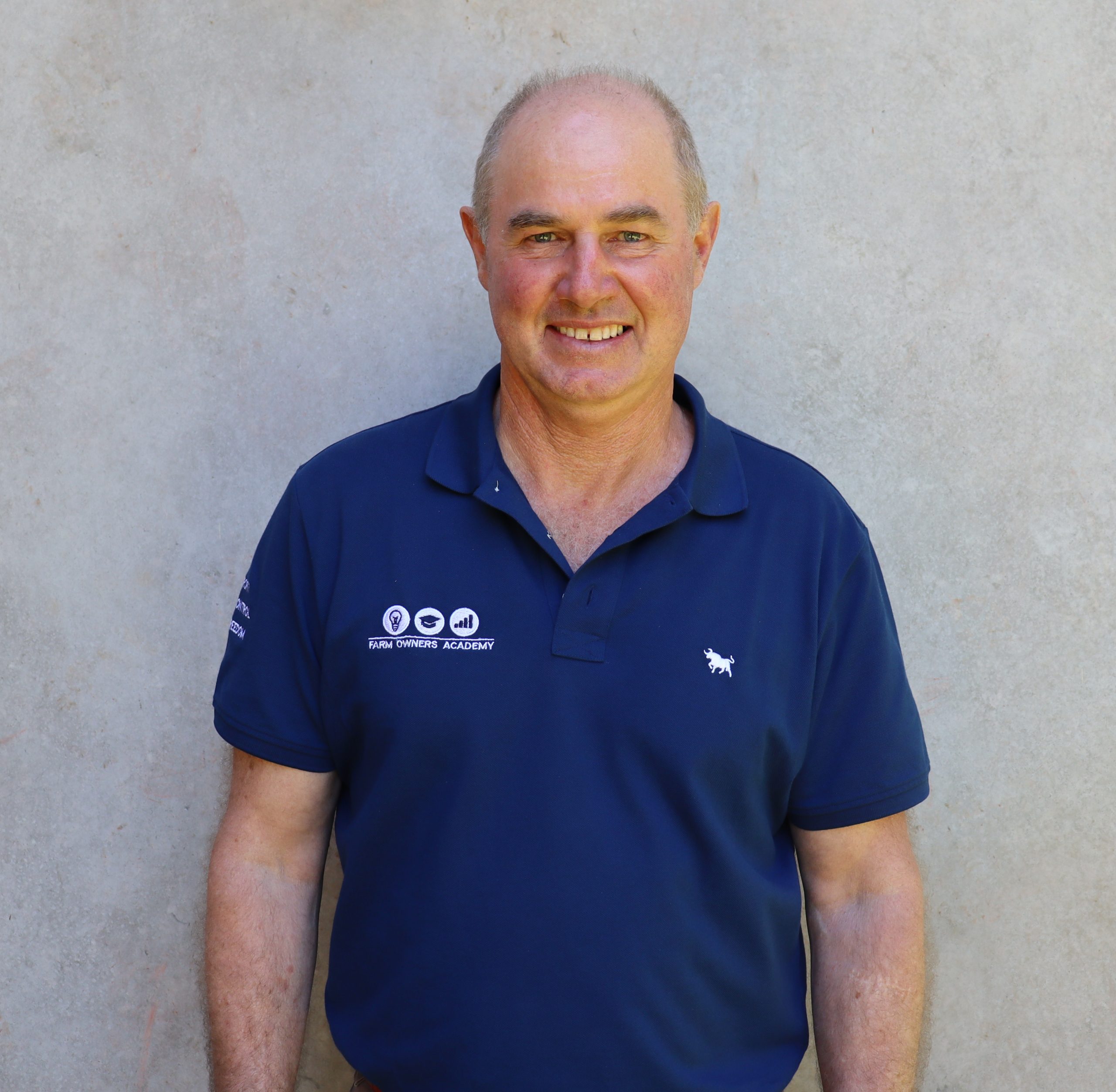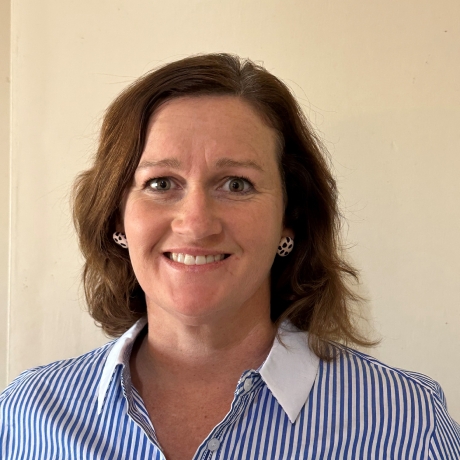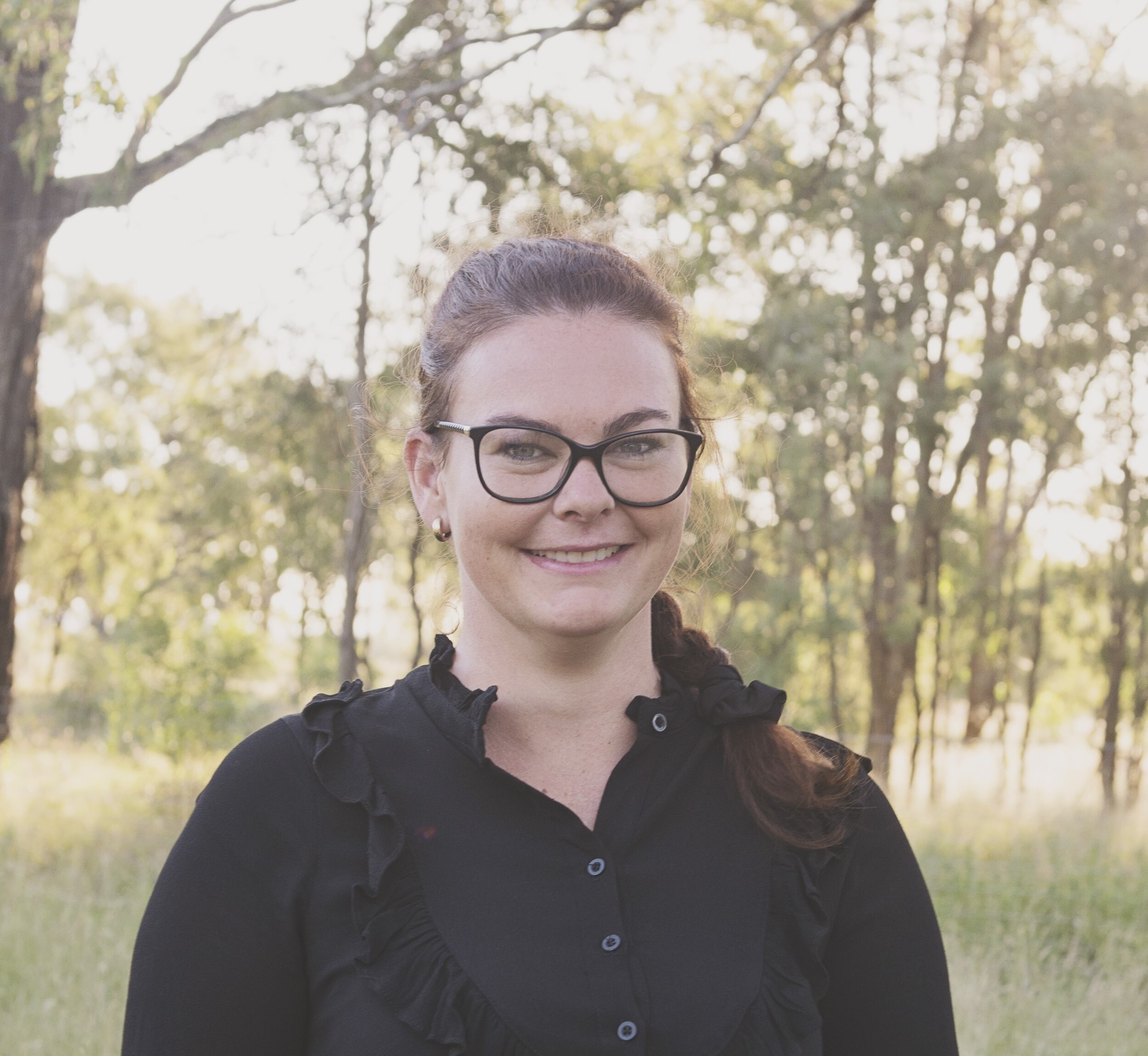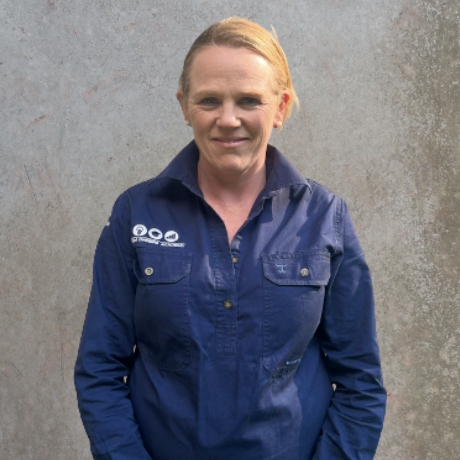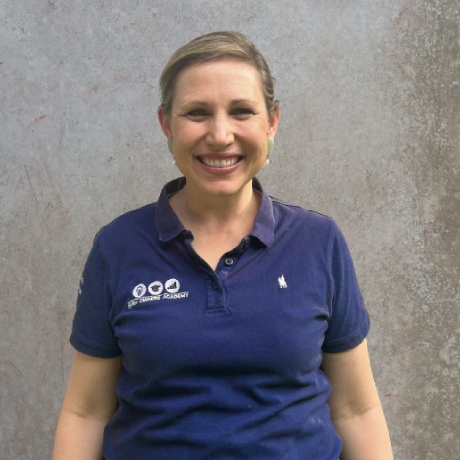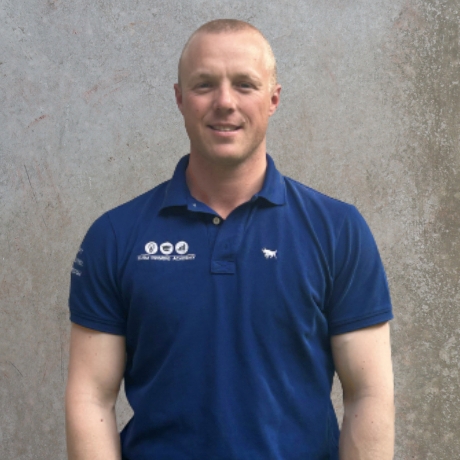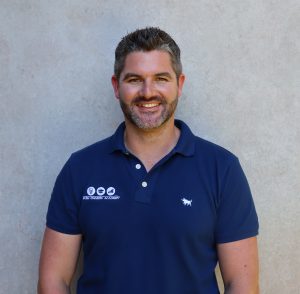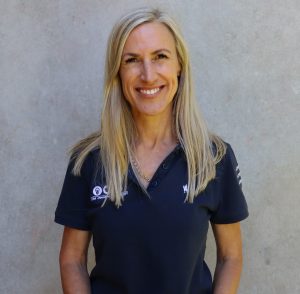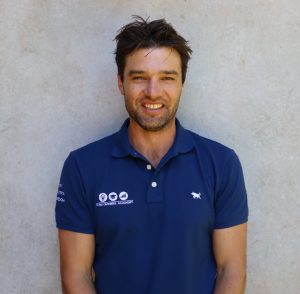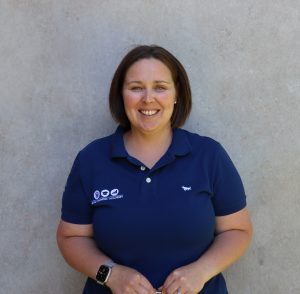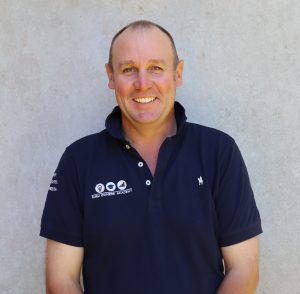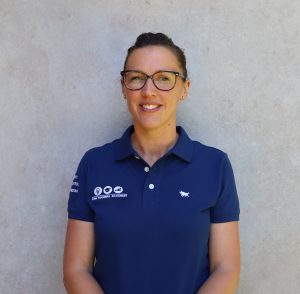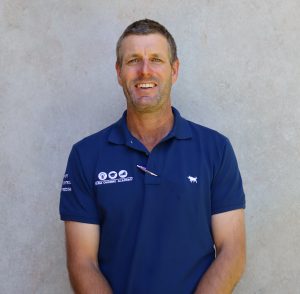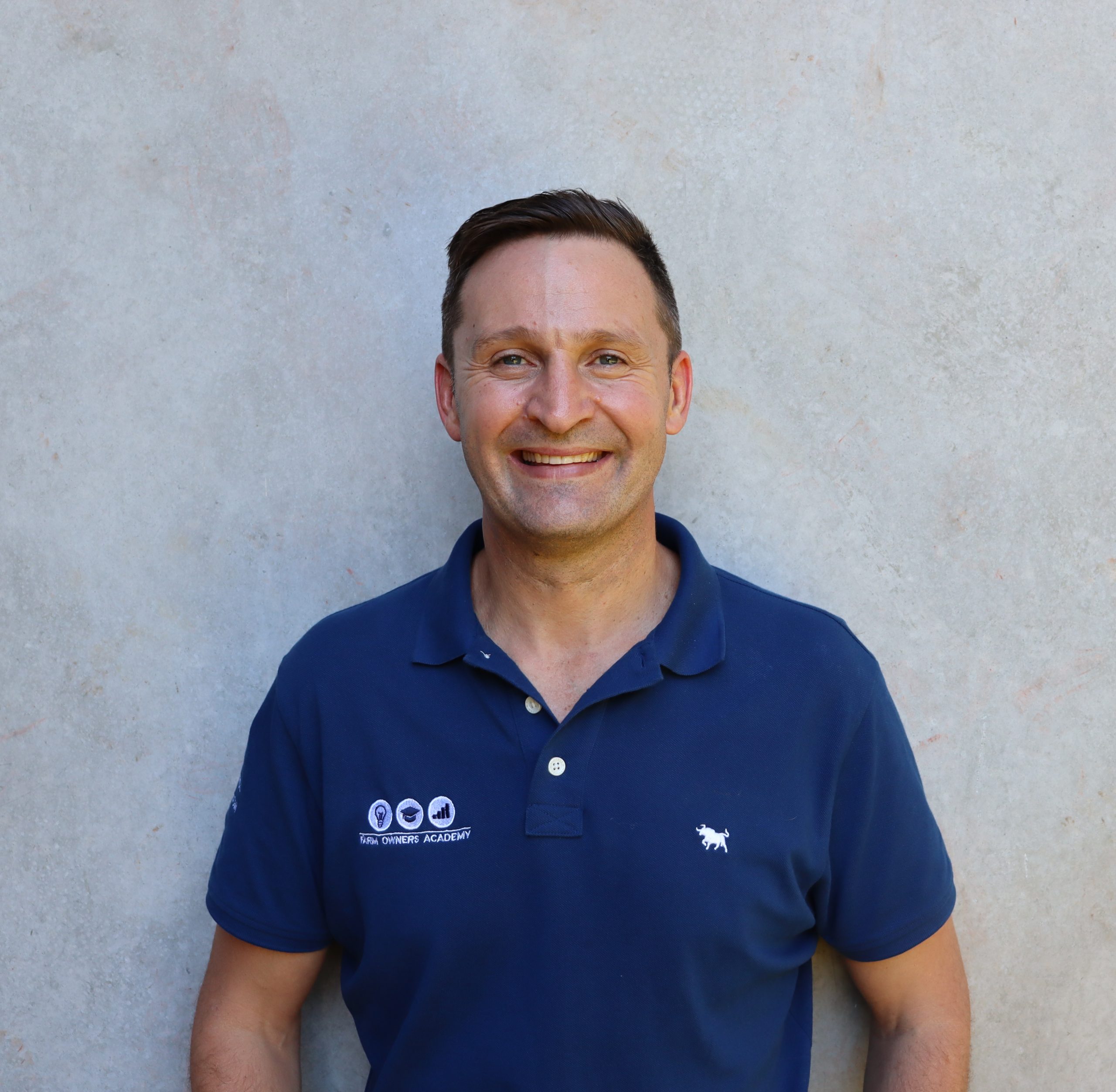
To scale or not to scale…. that is the question
Too many farmers push themselves to always keep growing simply because they think it’s what they “should” do.
Do you agree?
There are benefits to growing your team and scaling your farm (and we’ll talk more about that in a minute.) But there are also other options that could be just as profitable and enjoyable…and they’re worth considering, too.
At this point in the TOP Producers Model, you’ve already gone through the first five steps to:
- Tune In to what you really want
- Take Stock of your key financial figures
- Take Control of the 6 pillars of your farming business
- Objectively Measure your farm’s key performance indicators, for continued improvement
- Organise Infrastructure for higher efficiency and lower labour costs on your farm
You’ve just done a tonne of work growing your current farm to operate at peak efficiency.
Which is why it’s so important to pause for a minute and reassess what your next steps should be.
We have farmers in our Platinum Mastermind who choose to stay small and never continue through the TOP Producers Model to the Propel phase, and they’re very happy doing that! We have other farmers who choose to sell their farms for a great price and move on to pursue different work they love.
The key is…they CHOOSE. They check in with themselves to get clear on what they really want next. They don’t live on autopilot and grow for growth’s sake.
And you won’t either, if you pause and Open Up.
Is scaling right for you? Here’s how to tell…
You’ve just put in a ton of work to grow your farm to peak efficiency. This is the time to be true to yourself and make the right decision for you and your family.
So let’s take a breath and re-evaluate your goals based on where you’re at now in the journey.
After all, you don’t want to build the wrong business by chasing the wrong things.
So let me ask you…
At this point in your business — now that you’ve gone through the Transform and Optimise steps in the model — what are your goals?
Revisit your vision from the Tune In step. Does it feel as good as it did at the start of the TOP Producers Model? If not, what needs to change?
Recreate your vision at this new point in your journey. That’s what will carry you through the rest of the process and make it clear what to do next.
At this point, you really have three main options:
- Keep your farm the same size
- Scale your farm and grow into a larger operation
- Walk away from the farm
There are no wrong answers! So give yourself permission to really get honest about which option is most in line with your goals.
And let’s explore what each option could look like for you…
Happily choosing to stay small
The first five steps of the TOP Producers Model might be all you need!
John Symons is a sheep farmer who came to Greg when he was on the verge of bankruptcy and shutting his 550-hectare farm. He went through an early version of the TOP Producers Model to save his farm and turn things around.
Today, John’s had a complete transformation. He pays himself $140K per year and his farm makes $250K profit.
Now that he’s taken control of his farm, he loves the work — being on the land and getting his hands dirty. He works 60-70 hours a week but he’s happy doing it because he’s doing something he loves. He’s so passionate about running such a successful block of land and is very happy with his small operation.
John’s also invested enough money off the farm to have financial freedom.
Although he could move on to the Propel stage at this point, John’s very content where he is. He doesn’t need more and doesn’t have a desire to grow. He just wants to perfect his block and he likes the challenge of constantly improving what he’s got.
…So that’s what he’s doing! And he’s doing really, really well.
You might be really satisfied with your farm and want to stay at this level forever. That’s entirely okay! The Propel phase is like a bonus; it’s not mandatory for you to go on that larger growth journey.
If you’re happy and passionate about farming, you may want to stay here. The skills we’ve provided thus far with the TOP Producers Model are enough for you to do very well without continuing on the journey. You can make a lot of money, feel very rewarded, do what you love, work the hours you want, take holidays — it’s all possible!
However, here’s one thing to consider:
If you’re the sole income earner…
What happens if something happens to you? What if you get sick or injured or can’t work on the farm anymore?
That’s the risk of not going on and scaling your business — you will always have to be the one to do the work that makes money.
That’s not to say you should scale! But I want to be honest with you that there is a bit of risk in choosing not to scale.
There’s no right or wrong answer. But it’s worth considering so you can make the right choice for you.
Scaling and growing the operation
Let’s do a quick gut check:
When you read John’s story in the section above, how did you feel?
Would you be satisfied with his situation? Did it sound like music to your ears?
Or are you someone who wants to buy out the neighbours? Are you on a journey to grow?
We have a in our Platinum Mastermind community who knew he wanted more and chose to grow his farm. He carried on with the TOP Producers Model and now manages a team of 15 people. He has 5K hectares, so it’s 10x bigger than John’s farm. He’s running his operation on a significantly bigger scale, looking after significantly more sheep.
He’s making more money, which is great…but he also carries significantly more risk with the possibility of losing more money than John. One’s not right and one’s wrong — it’s an entirely different journey!
The next level of growth involves an entirely new set of skills. The skills to become a top 5% farmer won’t take you to the next level. You need to learn how to train and manage a team, increase your scale and your systems, and procure assets. This is all about investing in better systems and people to help you maximise your business.
If you decide to grow, you’ll also step into the role of business owner, rather than farmer. You won’t be out on the land anymore; you’ll be in the office running the business. This is really important to consider!
Here are a few questions to help you decide if you want to move on to the Propel phase:
- Are you more passionate about farming…or are you more drawn to being an entrepreneur?
- Do you want the journey of scaling up and building a profitable empire?
- Are you comfortable about the risk that comes with that?
Choosing to walk away from the farm
When we present this third option to our Platinum Mastermind farmers, we can feel a shift in the air.
People are afraid to even consider this option. But it’s so important to think about because leaving the farm may be the best path for you.
Often farmers can get trapped. They keep working because they don’t know what else they would do if they left. Or maybe they’re afraid of being the one to jump ship. Maybe their dad owned the farm and his dad before him…and they don’t want to be the one to walk away.
But the reality is that some farmers aren’t happy with what they’re doing. They put so much pressure on themselves to be great and prove their dad wrong and it’s making them miserable.
We spoke with a wellness coach recently and she said about 50% of the farmers she speaks to struggle with depression. Suicide is also far too common among farmers. It can be a lonely industry and suicide is an epidemic in our industry that’s not spoken about enough.
RELATED PODCAST: Are You Really Okay?
So as you’re Opening Up, it’s important to ask yourself:
Are you really fulfilled with farming? Do you really love your farm?
For John, yes. For many other farmers yes. But for another of our farmers, David…no.
We’ve spoken about David before on the blog — all about how he doubled his profits and halved his hours by working through the first five stages of the TOP Producers Model.
David loves farming…but there were challenging family dynamics on the farm that were making it unfulfilling for him.
He couldn’t find alignment, and when he stopped to Open Up and think about what he wanted next…he realised he doesn’t want to waste his life playing by someone else’s values and rules. So he decided to leave the family farm.
It was one of the most courageous decisions I think anyone could make. He’s walked away from this “mapped-out career” and beautiful block but he knew he couldn’t live like that, being controlled by someone else.
If you’re feeling the same, if you don’t truly enjoy farming or have difficult family dynamics or you simply want to do something else with your life…I want to tell that it’s all okay. You don’t have to stay on the farm.
In reality, you would probably do extraordinarily well if you choose to sell your farm at the moment. In the current market, most of our clients could sell their farms and never work a day in their lives.
Or even if you chose, like David, to walk away…there are still so many options for you.
I know it might feel scary to walk away. But you only get one shot at life. Isn’t it much scarier to live your whole life only doing what you think other people expect of you?
I want to support you in choosing what’s right FOR YOU. And that might be leaving the farm…and that’s okay.
We have about a 50-50 split of our members who decide to go on the journey through the Propel phase. The rest choose to stay small or leave the farming industry.
The most important takeaway is that there’s truly no wrong path!
Give yourself permission to follow your heart and your gut. Only YOU can make this choice.
In the end, the only wrong decision is not taking the time to Open Up and decide what’s best for you.
Want to talk this out with a coach (for free)?
Have a yarn with David.
He walked away from his family’s farm — after doubling his income and halving his hours — because he knew it wasn’t what he truly wanted. So he’s been through it!
If you might be in the same boat and want to have a chat about it, you can sign up for a free call with David by clicking here.

